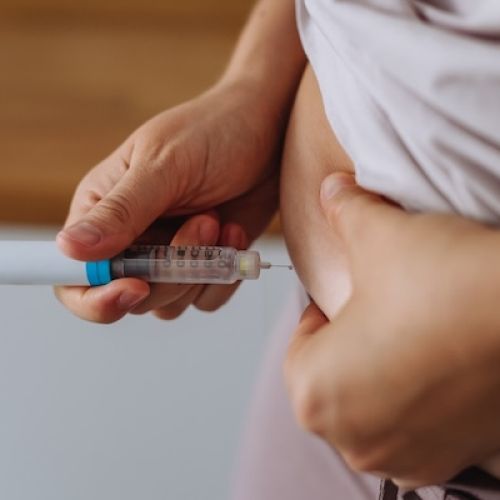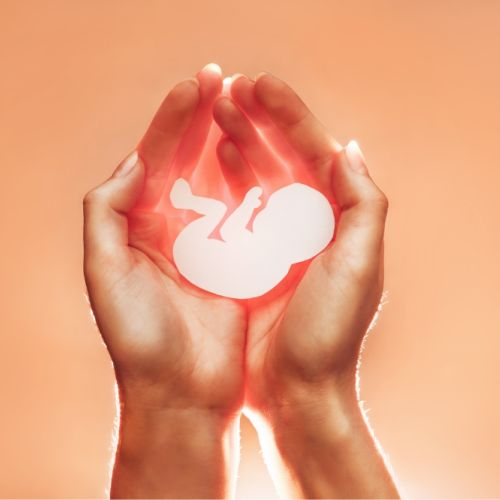How Long Does Fertility Treatment Take?

Couples who spend months trying to conceive and are repeatedly disappointed often feel frustrated and overwhelmed. A combination of factors can make it difficult to get pregnant, but fortunately, there are treatment options that may improve your chances of getting pregnant. The team at the Center for Reproductive Health understands that the decision to pursue fertility treatment can be nerve-wracking and we offer compassionate support throughout the process. One of the most common questions we are asked is “How long does fertility treatment take?”
Initial Consultation
When you decide to pursue fertility treatment, the first thing that will happen is an initial consultation. At the consultation, the medical history of both partners is reviewed and tests or procedures may be scheduled to help identify factors that could be affecting your ability to conceive. Tests that may be scheduled include blood work, an ultrasound, semen analysis, or a uterine evaluation.
Options for fertility treatment are discussed. The total time needed for fertility treatment can vary depending on what’s causing fertility issues. Medication may be used to stimulate ovulation. If your uterus has any abnormalities such as endometriosis, fibroids, or ovarian cysts, surgery may be recommended to correct the abnormality before moving forward with fertility treatment.
In Vitro Fertilization
In vitro fertilization (IVF) is the most common form of Assisted Reproductive Technology (ART). There is a series of steps involved in IVF that takes about six to eight weeks from the time you have your consultation to the time the eggs are implanted. The total time needed can vary from one patient to the next.
Once lab tests have been completed and have provided a clearer picture, you may begin fertility medication. The ovaries may be stimulated with injectable hormones. This is typically done over a seven to nine-day period. After this time has passed, eggs within follicles are triggered to mature and are harvested during a minor surgical procedure. Eggs are then mixed with sperm and cultured for three to five days as they develop into embryos, and one or more embryos are implanted into the uterus.
The number of embryos implanted depends on your age and your preference. If there are problems with your own eggs, donor eggs, sperm or embryos can be implanted. Your doctor may recommend progesterone supplements to make the lining of your uterus better prepared for implantation.
Approximately twelve days after the egg is implanted, a pregnancy test is done. If it’s positive, it’s repeated a week later. If the second test is also positive, an ultrasound is scheduled. More than one cycle of IVF may be needed to achieve pregnancy.
Does Fertility Treatment Always Work?
Not every one that receives fertility treatment ends up with a viable pregnancy. The chances of being successful with IVF treatment depend on several factors including the age of the mother, her reproductive history, and lifestyle factors.
To find out more, contact the caring team at the Center for Reproductive Health. While there can’t be any guarantee that fertility treatment will be successful, we are committed to providing the most advanced treatment options available to help maximize your chances of having a baby.




